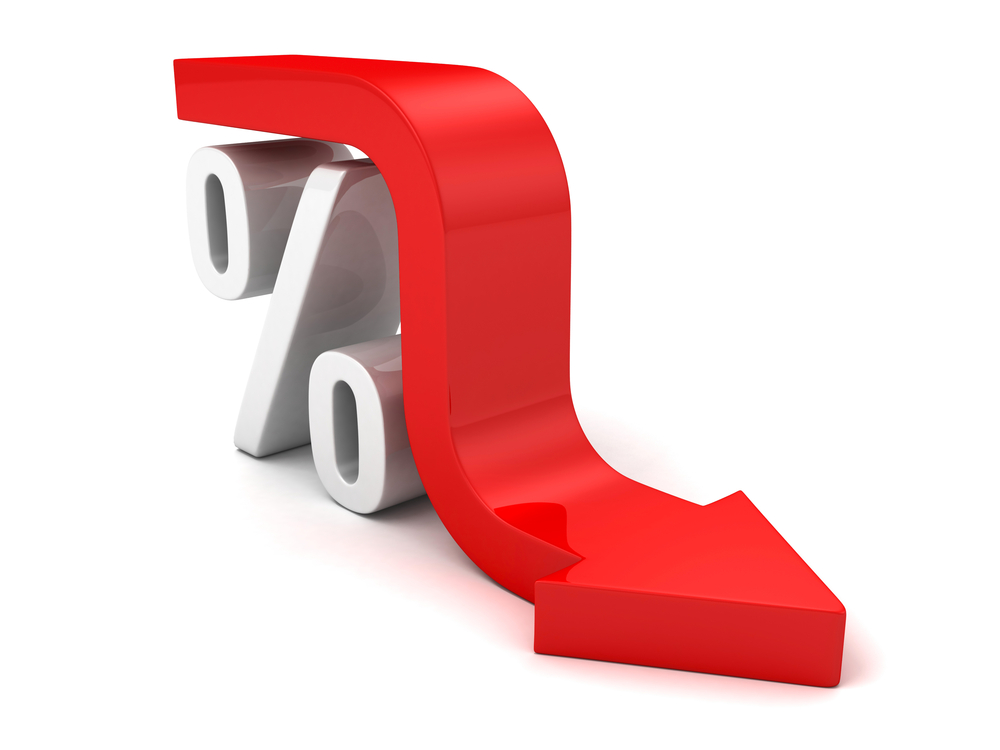Household Bills
House prices fall 2.4% year-on-year in July

The average house price in the UK fell by 2.4% year-on-year coming to £285,044 in July, according to the latest figures.
According to Halifax’s house price index, this is down from the peak of £293,992 last August and continues a downward trend.
Earlier figures show that the slowdown in annual growth eased from the 2.6% yearly decline in June.
The report continued that month-on-month house prices decreased by 0.3%, which is the fourth consecutive monthly decline.
Annual house prices fell in the majority of the UK barring the West Midlands which remained flat.
The South East showed the most downward pressure with a 3.9% drop, with the average house price coming to £382,3489.
This was followed by Greater London, which decreased by 3.5% annually to £333,474.
Wales experienced a 3.3% reduction on an annual basis, with the average house price pegged at £214,495.
In Scotland, prices were down 0.7 % over the last year, with average house price set at £201,501, and in Northern Ireland they were down by just 0.3% annually to £185,322.
A resilient housing market
Kim Kinnaird, director of Halifax Mortgages, said whilst this was the fourth consecutive monthly fall, all declines had been smaller than negative 0.5%.
She added that prices had “little change” over the last six months, with property prices in February coming to £285,660, and the pace of annual decline had slowed in July versus June.
“These figures add to the sense of a housing market which continues to display a degree of resilience in the face of tough economic headwinds,” Kinnaird noted.
She pointed to first-time buyer activity holding up “relatively well”, with some searching for smaller homes to offset higher borrowing costs.
“Conversely the buy-to-let sector appears to be under some pressure, though elevated interest rates are just one factor impacting landlords’ business models, together with considerations of future rental market reforms. It remains to be seen how many may choose to exit and what that could mean for the supply of properties available to buy,” Kinnaird explained.
She continued that prospects for the UK housing market were closely linked to wider economic performance, and factors like strong wage growth were offering support.
Affordability squeeze restrains market
Kinnaird said unemployment had ticked up slightly and would restrain property market activity and but it “seems unlikely to reach levels that would trigger a sharp deterioration in conditions”.
“Expectations of further base rate increases from the Bank of England were tempered by a better-than-expected inflation report for June. However, while there have been recent signs of borrowing costs stabilising or even falling, they will likely remain much higher than homeowners have become used to over the last decade.
“The continued affordability squeeze will mean constrained market activity persists, and we expect house prices to continue to fall into next year. Based on our current economic assumptions, we anticipate that being a gradual rather than a precipitous decline. And one that is unlikely to fully reverse the house price growth recorded over recent years, with average property prices still some £45,000 (plus 19 per cent) above pre-Covid levels,” she concluded.
First-time buyers proving resilient
Lewis Shaw, founder of Mansfield-based Shaw Financial Services, said the firm had seen more first-time buyers in the past two weeks than in the past two months.
“This segment of the market is proving especially resilient. With the sell-off in the buy-to-let market in full swing, combined with an increase in more property for sale generally, aspiring homeowners can smell blood.
“First-time buyers are in an incredibly strong position, and it’s not uncommon to see them agreeing on purchases at 10 to 15 per cent below the marketed price. It must be hard going for estate agents trying to manage vendor expectations. However, this is a sign of the times, and those sellers that don’t take a fair offer now could find they’re much more out of pocket in a month or two,” he added.
James Briggs, head of personal finance intermediary sales at Together, said house prices had continued to fall, but affordability was “still putting pressure on existing homeowners”.
“Those with recently expired fixed rates are now being forced to reconsider perhaps less desirable strategies to balance their household expenditure, including downsizing sooner than hoped,” he added.
Briggs continued that over the past two weeks fixed rates had fallen slightly as swap rate market pricing cooled, and this “coupled with a downsizing appetite will increase competition for sub-£300,000 properties and first-time buyers looking to enter the market in the near future”.